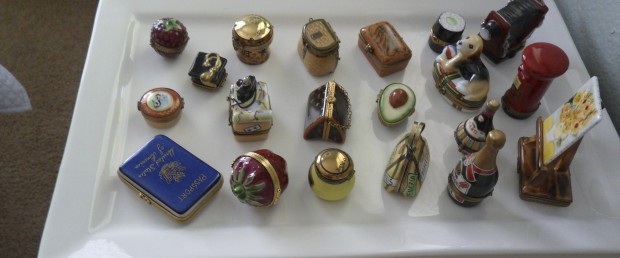
06 Aug Being a Conscious Collector
It seems that the world is full of collectors these days, especially now that we can easily access the value of items and know how they could increase over time. I’ve been collecting for as long as I can remember, and I’m sure many of you can relate. I didn’t set out to be a collector as a young child, it just happened naturally.
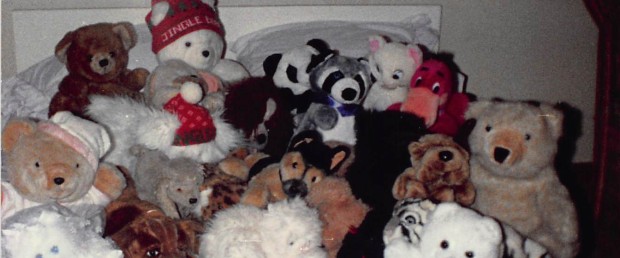
My first major collection consisted of cute, cuddly stuffed animals. While I liked barbies and baby dolls alright, it was safe to say I was obsessed with stuffed animals. I could not resist them. Maybe it was because I wanted to be a veterinarian when I grew up (didn’t we all?). I was very good over the years about editing them, so other children could enjoy them. As time went on and I grew into an adult, it became easier to let go of most, although I saved a few special ones.
When I got a little older I started using my allowance money to purchase Breyer horses. I’d play with them for hours, even way after it was age appropriate. They now sit in storage at my dad’s house (all 28 of them), and he asks nearly every year “Can I get rid of these yet?” No! I really do hope that one day I’ll have children who will enjoy playing with their mother’s vintage Breyer horses. And if not, I’ll be happy to sell them to another collector, or even donate them. It’s easier to hold onto something when someone else is doing the storing – thanks Dad!
Then there were the fad collections: troll dolls, pogs, and Beanie Babies. It’s hard not to get caught up in the fads of the times. Do you ever notice how fad collections never turn out to be worth much? A few years ago I purged nearly all of the Beanie Babies my sister and I had collected (hundreds of them), sending them to an organization that distributes them to soldiers to give to kids in war zones. We love that they had a new life with kids who would appreciate them, instead of them sitting in a box in a closet gathering dust.
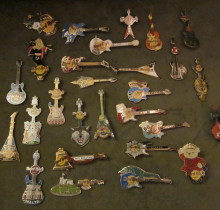
In college I had my Hard Rock guitar pins collection. I would purchase a signature guitar pin from every city I visited (in the US and abroad) that had a Hard Rock Cafe. This collection became a unique documentation of my travels. I was up to 40 pins before I finally decided to sell them (successfully) on eBay.
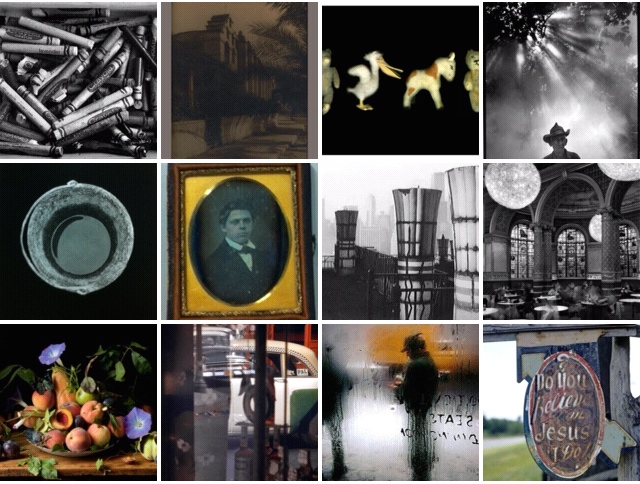
When I started my career in the Fine Arts, I began collecting photographs. I am proud of my photography collection (about a dozen pieces), because it grew out of my passion for the medium. Nearly a decade later, I see them more as investments – albeit beautiful ones – that I would now be willing to part with. The last photo I purchased was in 2012, as it was becoming a rather expensive habit.
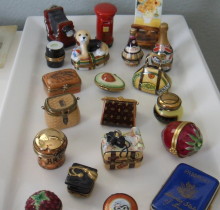
In my early 20s, I inherited a small collection of my mother’s porcelain Limoges boxes. I was inspired to collect more boxes, staying true to her parameters, as a way of keeping her collection (and memory) alive. I now have approximately 20 boxes, and have become very selective about what I’ll add to the collection. I cherish these little boxes, look at them every day and think of my mother.
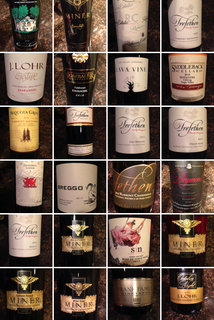
My most recent collection includes great California wines from wineries and vineyards I’ve personally visited. Friends have told me how impressed they are that I have the will power to ‘lay down’ these bottles and not drink them right away. It’s absolutely my intention to drink them, but for now I’m patiently letting them age to perfection.
Over the years, I’ve become aware of the dangers of being a “collector of collections.” This is not a good thing. I found myself collecting collections, but once I made that realization, I was able to let go of the collections that didn’t mean anything – or the same thing – to me anymore.
Collections are wonderful, but the key is to not let collections overtake you, or your space. There should be clear limits to your collecting, and you should select a category or two at most. I encourage you to have a great collection that you enjoy and can show off, just don’t let it get out of control.
Be a conscious collector. Take older or lesser liked items in the collection, and use them to trade up or acquire other pieces. This is was true collectors do – edit their collection to include only the best of the best. For a true collector, it’s about quality, not quantity.
If you find you grow out of your collection (which is completely normal), don’t hold onto it because you feel like you have to. Instead let it go, hopefully to someone who will appreciate as much as you did. Who knows, you might even make some money from it. And if you are a parent, please teach this important lesson to your kids; it’s something we can all benefit from knowing at a much younger age.
Happy (and responsible) collecting!

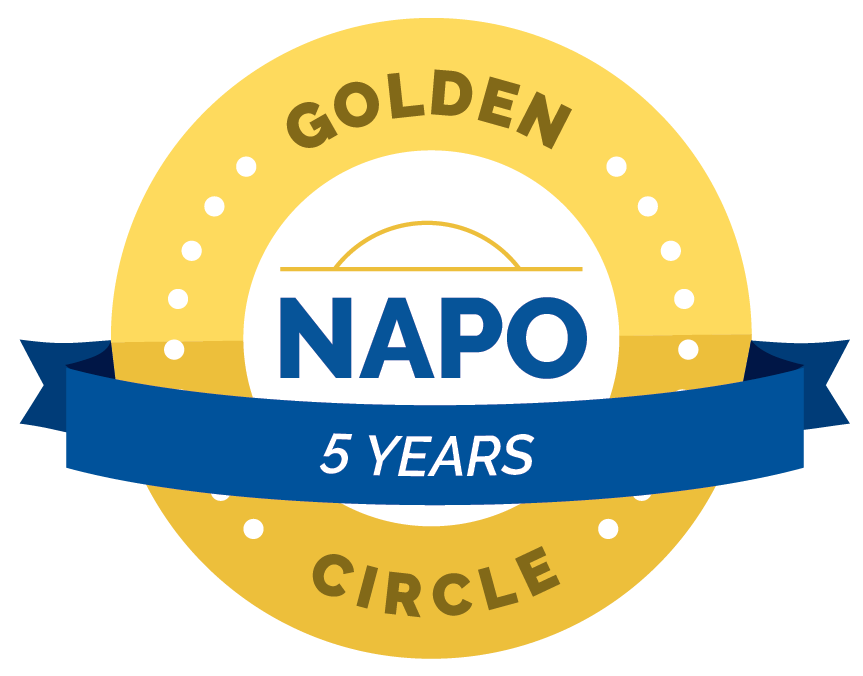
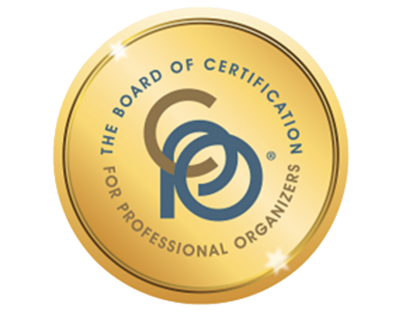
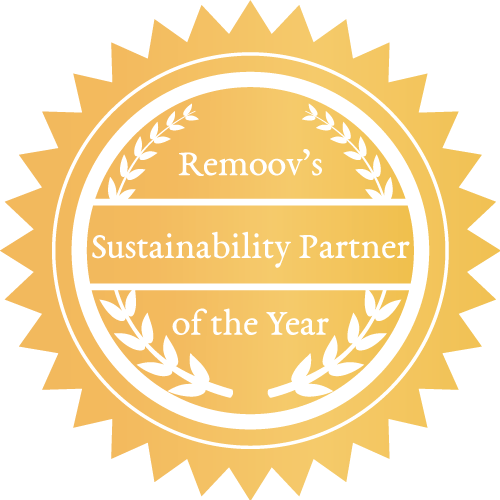
No Comments